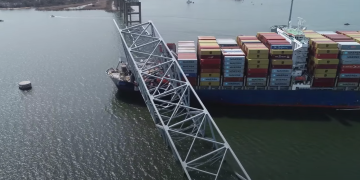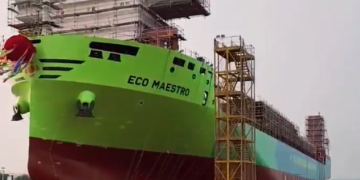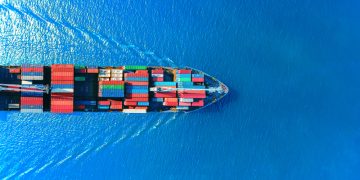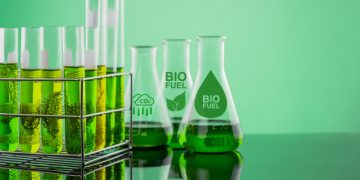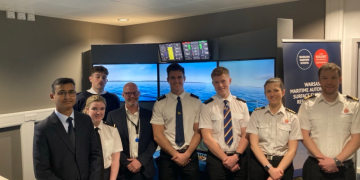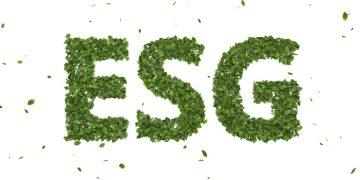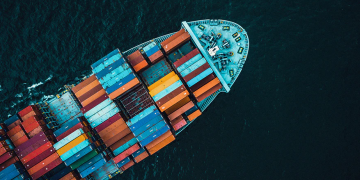DNV GL takes a broad view on alternative fuels
DNV GL has released a position paper that presents a methodology for evaluating alternative fuels, adding sustainability and safety considerations. Trends in pricing are an obvious factor to consider when examining the feasibility of new fuels, but sustainability and safety also have an impact on the ultimate affordability of change. “The Fuel Trilemma: Next Generation of Marine Fuels” looks at the rapidly diversifying fuel market from the perspective of affordability, sustainability and safety. These three factors will govern the importance of any energy source chosen to meet regulatory requirements for CO2, SOx and NOx – requirements that are already pushing the limits of what can be achieved with conventional fuels and exhaust gas cleaning technology. A growing diversity of fuel options has seen LNG becoming well established and opened some potential for biofuels to gradually replace fossil fuels. Electricity from the grid, methanol and hydrogen have their place for certain geographic areas and ship types, too. “In all cases, the cost associated with machinery, as well as the expected fuel price, will play a dominant role for shipowners as they make changes to their fleet,” says Christos Chryssakis, Senior Researcher at DNV GL. “However, safety and sustainability have an impact ...
Read more






